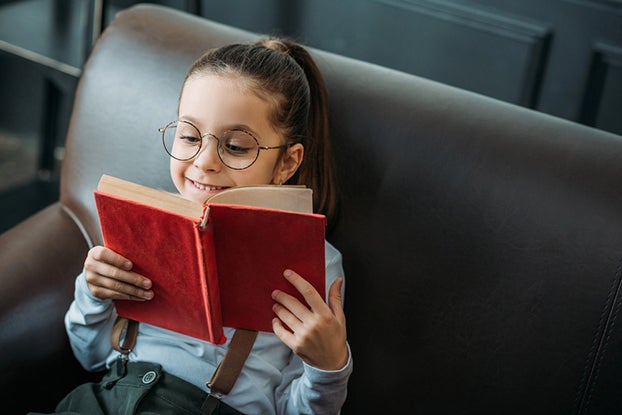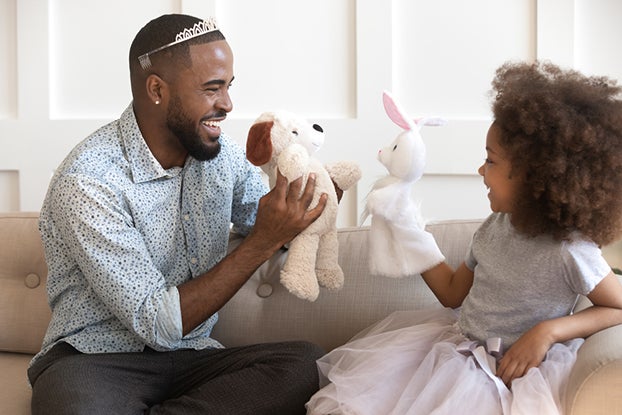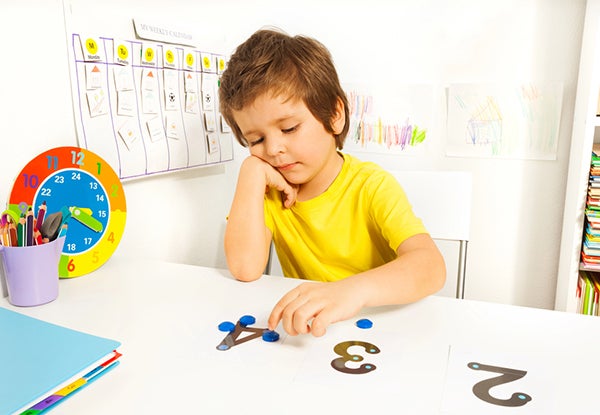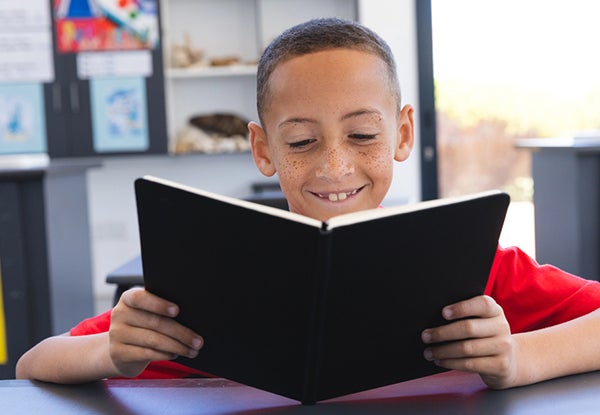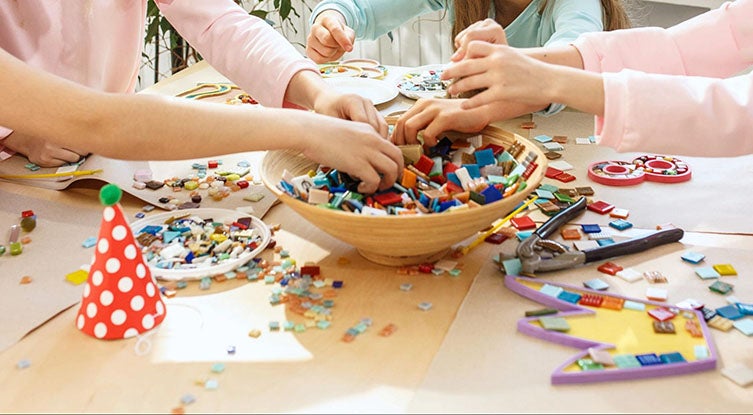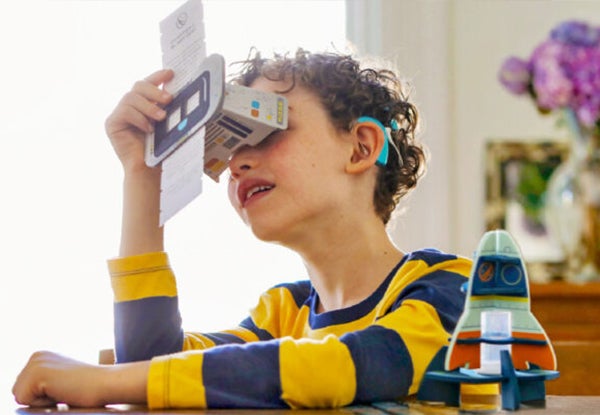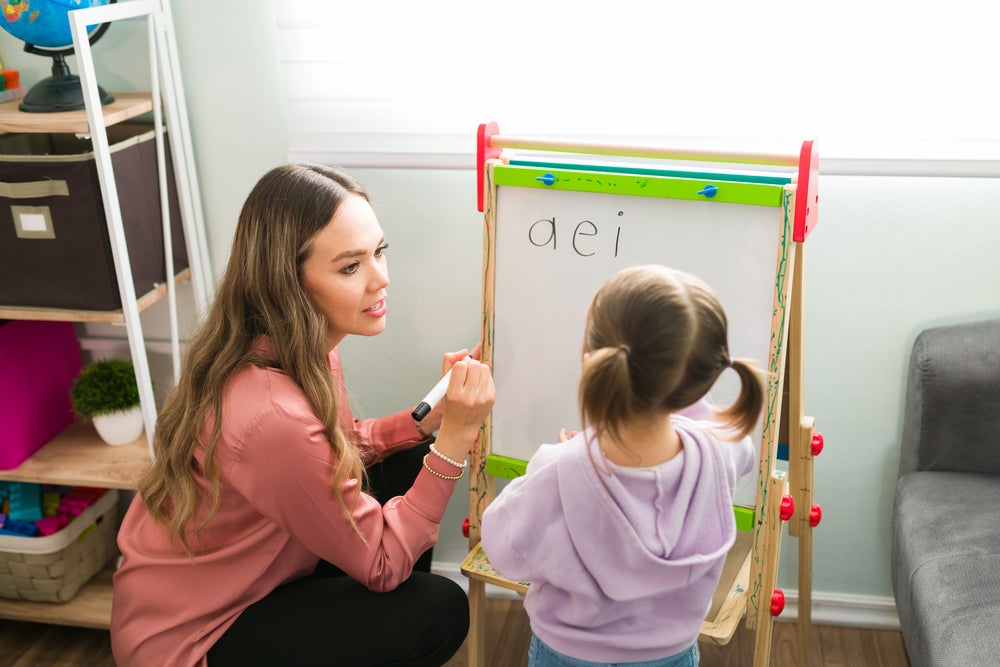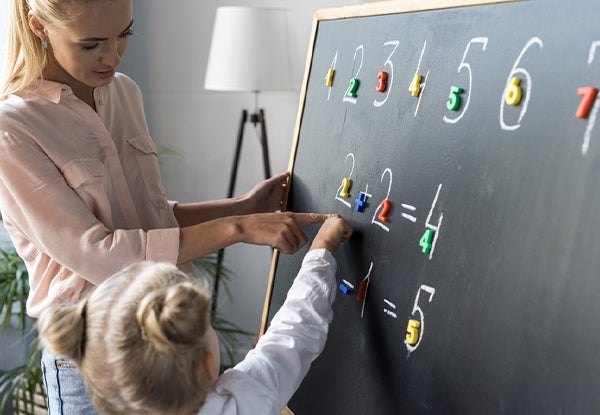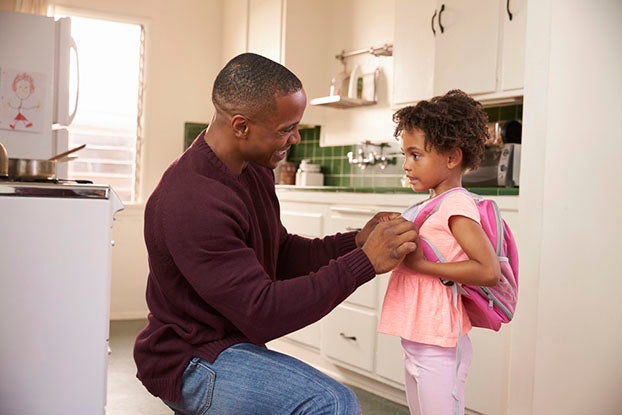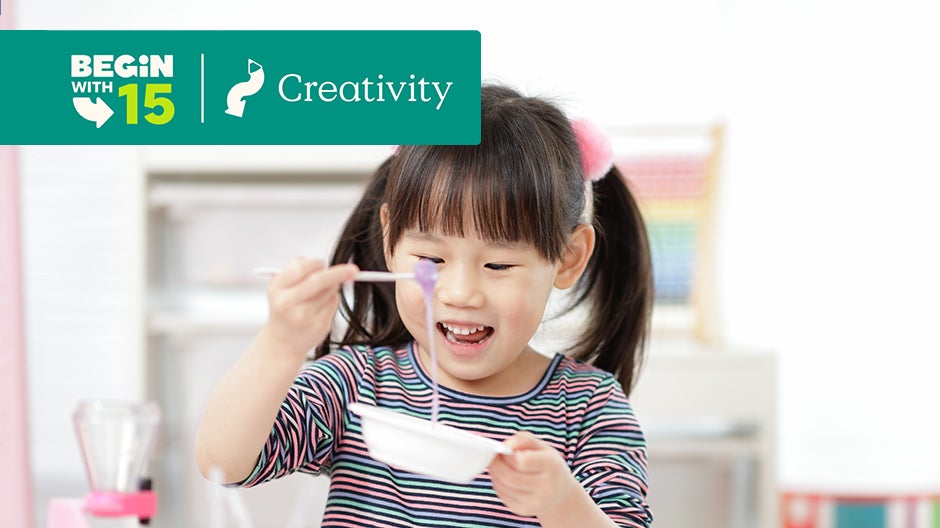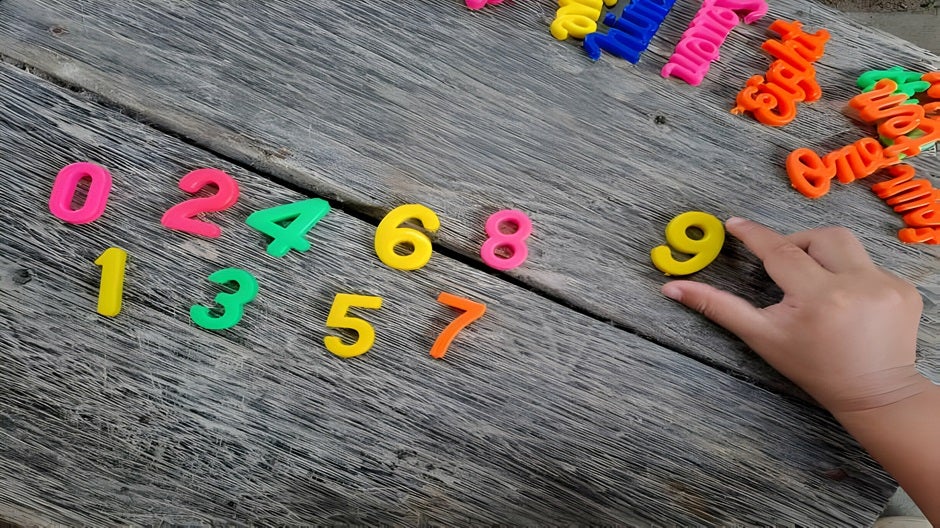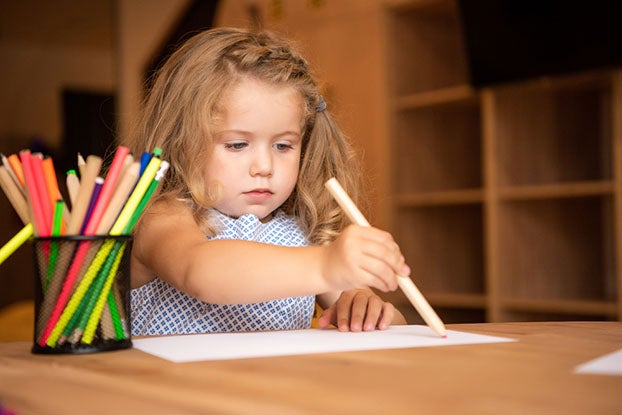Third grade marks a big transition for lots of young readers. While previous instruction focused on learning to read, this year, your child will now be reading to learn. With this shift, you’ll notice that 3rd grade reading materials are slightly more complex.
Expect more challenging vocabulary, longer sentences, and intricate storylines. Although this can be overwhelming, it’s an exciting time for your child to develop their reading skills and explore new worlds through books.
In this guide, we’ll provide helpful tips and activities to support your child’s 3rd grade reading journey. But first, let’s look at some of the critical skills they’ll most likely work on this year.
Table of Contents
- 3rd Grade Reading Overview and Key Skills
- 3rd Grade Book Recommendations
- Fun 3rd Grade Reading Activities
- Tips for Helping Your Child with 3rd Grade Reading
3rd Grade Reading Overview and Key Skills
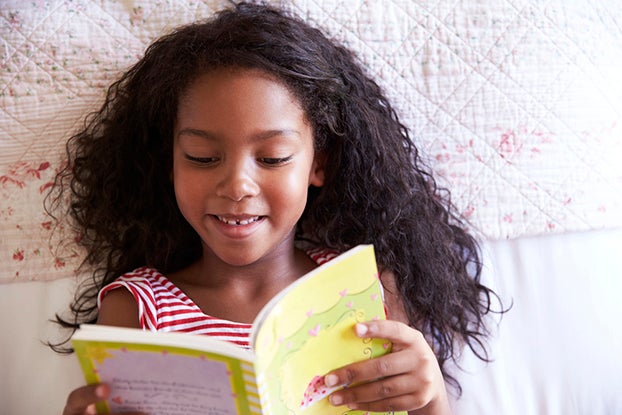
Your child spent their K-2 years learning how to read. They went from barely knowing letter sounds to reading simple books independently. They’ve studied phonics, sight words, and basic comprehension skills. What a lot to celebrate!
Now, they’ll build upon these foundational skills in 3rd grade and learn to use more advanced reading strategies. Here are a few things they’ll work on this year.
Learning to Read vs. Reading to Learn
While your child still has some phonics and sight words to learn, those lessons won’t be the main focus in 3rd grade. Instead, your child will learn different ways to navigate and understand more complex texts to achieve this goal.
They’ll learn to:
- Ask questions: When students ask questions before, during, and after reading, they actively engage with the text, enhancing comprehension.
- Make connections: Students will learn to connect their experiences and ideas to the text. This helps them understand what they’re reading so they can better retain information.
- Visualize: Creating mental images while reading improves understanding. Students will learn to use descriptive language and their own experiences to bring the text to life.
- Summarize: Identifying a text’s main idea and supporting details helps students better comprehend their reading. They’ll also be able to retell essential events or information in their own words.
- Make inferences: Students become detectives, using context clues and their background knowledge to make educated guesses about the text.
Fluency and Comprehension
If you don’t read fluently, you’ll have a hard time understanding the text. To help with both of these areas, 3rd grade students will practice:
- Adjusting their speed for the text: Students learn that taking some types of texts more slowly is OK. For example, most people read nonfiction texts more slowly than fiction so they have time to comprehend new facts and information.
- Rereading: If something doesn’t make sense to the student, they need to go back and try it again. Rereading also helps with fluency, as it allows them to practice the same text a second (or third) time.
- Using graphic organizers: Venn diagrams, story maps, and other graphic organizers can help students organize their thoughts and make connections between ideas in the text.
- Discussing what they’ve read: Talking about the text with peers or an adult helps students check their understanding, ask questions about any confusing parts, and make new connections.
Literary Elements
In 3rd grade, students explore literary elements to help them better understand and analyze texts. They’ll learn about:
- Character development
- Plot structure
- Setting
- Figurative language
- Theme
Of course, at this age, they won’t be doing a deep dive into these elements. Instead, they’ll have a gentle introduction to the world of literary analysis.
3rd Grade Book Recommendations
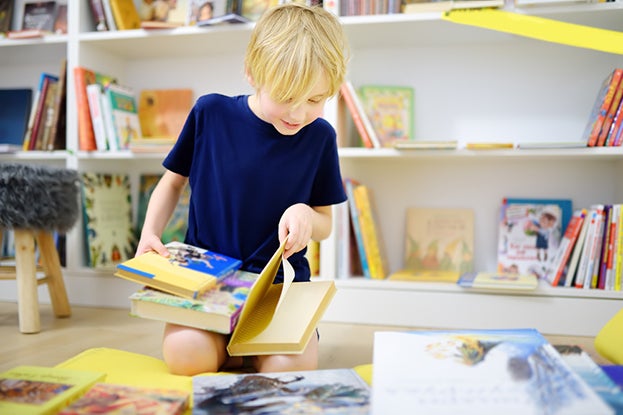
Fiction
The best fictional books for 3rd graders offer engaging stories with relatable characters and age-appropriate themes.
Some of our favorites include:
- Because of Winn-Dixie by Kate DiCamillo
- Where the Sidewalk Ends by Shel Silverstein
- The Phantom Tollbooth by Norton Juster
- Sideways Stories from Wayside School by Louis Sachar
- Love That Dog by Sharon Creech
- A Place to Hang the Moon by Kate Albus
Nonfiction
Nonfiction books are great for expanding your child’s knowledge and understanding of the world. Third graders can explore different topics through these recommended reads:
- Great Black Heroes: Five Brilliant Scientists by Lynda Jones
- The Boy Who Loved Math by Deborah Heiligman
- The Great Fire by Jim Murphy
- Animals on the Move by Dorothea DePrisco
- The Inventors of LEGO Toys by Erin Hagar
Fun 3rd Grade Reading Activities
Follow a Recipe
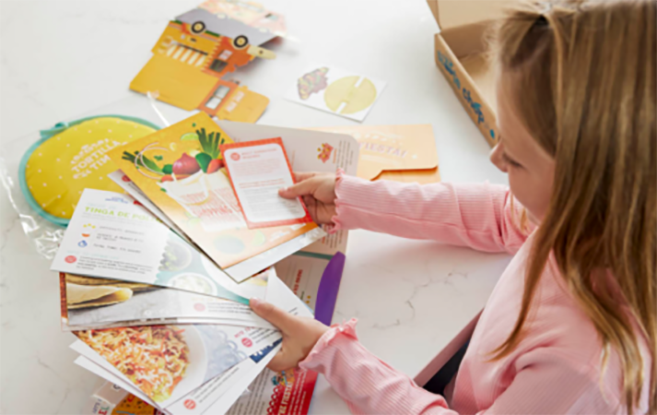
Have you ever heard the saying, “If you can read, you can cook”? It’s true!
Recipes are procedural text, a type of nonfiction text that gives instructions on how to do something. Having your child follow a recipe is a fun way to improve their reading skills.
If your child enjoys cooking, sign up for a Kitchen Adventures Subscription from Little Passports. Each month, they’ll get a few new kid-friendly recipes to try, along with other items.
Enjoy Book Time with Tea
Show your child that reading can be self-care! Grab a book and your favorite tea or hot chocolate, and find a cozy spot to read for 15 minutes. Make it a daily ritual, a time when you can pause and unwind together as you dive into a new book.
Try a Text Feature Scavenger Hunt
Text features are tools that help readers digest information, such as headings, captions, and diagrams. Help your child learn where to find different features with a scavenger hunt.
Hand them a non-fiction book, and ask them to locate:
- The title page
- The table of contents
- A heading
- The glossary
- A caption
Paint Story Rocks
Your child can paint small, smooth rocks with images from their favorite books. After they dry, place them in a basket and use them to retell the story together. It’s a fun way to practice comprehension.
The HOMER App by Begin
Some 3rd graders may need additional practice with phonics and decoding skills. Try the HOMER App by Begin! It adapts to your child’s reading level and interests so that they can have fun while learning.
Join (or Start) a Book Club
Book clubs let kids discuss books with their peers and practice critical thinking skills. Encourage your child to join or start a book club with friends, classmates, or neighbors.
Once the club agrees on a book for the month, everyone reads it. Then, they can meet and discuss the story over snacks or a fun activity, like creating a different book cover or acting out their favorite scenes.
Tips for Helping Your Child with 3rd Grade Reading
Read Aloud
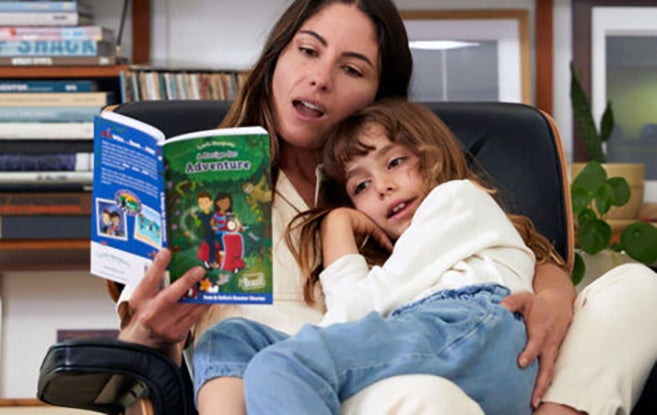
Just because your child has become a more independent reader doesn’t mean they no longer enjoy being read to. Reading aloud lets you model fluent and expressive reading while exposing your child to more complex vocabulary and sentence structures.
Here are a few titles to add to your read-aloud list:
- Rump: The (Fairly) True Tale of Rumpelstiltskin by Liesl Shurtliff
- Poppy by Avi
- Redwall by Brian Jacques
- Where the Red Fern Grows by Wilson Rawls
Introduce a Series
Help a reluctant reader fall in love with reading by introducing them to a book series. Once they find a story or characters they enjoy, they’ll beg for more!
Some popular series for 3rd graders include:
- The Magic Tree House by Mary Pope Osborne
- The Ramona Books by Beverly Cleary
- Who Would Win Series by Jerry Pallotta
- Who Was? Series by various authors
Use Technology
Technology can be your ally in promoting a love for reading. With the rise of ebooks and audiobooks, reading is more accessible than ever. Let your child use these options when they need a change of pace from traditional books.
You can also try interactive learning apps that combine storytelling with games and activities to make reading even more fun! Start with the HOMER app by Begin.
Don’t Give Up
Third grade reading is a whole different ball game than what most kids are used to. They’re being asked to read more complex material and may not feel confident in their abilities.
As a parent, it’s important not to give up on them. Keep encouraging your child and providing opportunities for them to practice and improve. Celebrate small victories and remind them that everyone learns at their own pace.
Have Fun Reading with Begin!
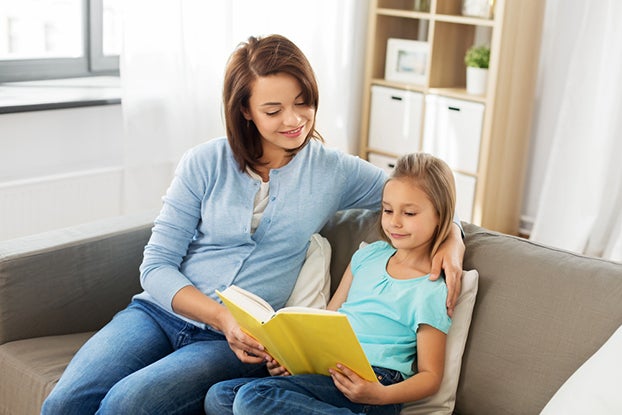
Third grade reading is a unique milestone in your child’s education; once they can read to learn, a new world of knowledge and imagination awaits them!
Begin can help your child develop a love of reading. Our Little Passports activity kit subscriptions deliver hands-on activities to your doorstep every month. As your child works through the projects, they’ll read directions and find facts about the topic they’re studying.
Our HOMER app can help boost your child’s reading skills with fun and interactive games. Your child can practice phonics, sight words, comprehension, and more with our personalized learning plans.
Shop our learning memberships today and see what’s best for your child. Happy reading!
